
What is the Community Pollinator Fund?
The £1m Pollinator Fund builds on the Combined Authority’s ‘Bee Bold Awards’ and will help to deliver on the West of England’s objective to increase the abundance of wildlife by 30% by 2030.
The Fund has been created to support community-led ecology projects that enhance biodiversity and pollinator habitats across the West of England region.
What are we aiming to achieve?
The objectives of the fund are to:
- To create and enhance the biodiversity in the area with an emphasis on improving pollinator habitats to contribute towards the regional ambition to increase the abundance of wildlife by 2030
- To raise awareness and empower communities to take action to address the ecological emergency
Who could apply?
Applications were open to:
- Volunteers, community groups and NGOs
- Town councils, parish councils and unitary authorities
- Schools and education organisations
- Youth groups, sports clubs, buildings of worship
- Not for Profit Organisations (including charities) managing community spaces
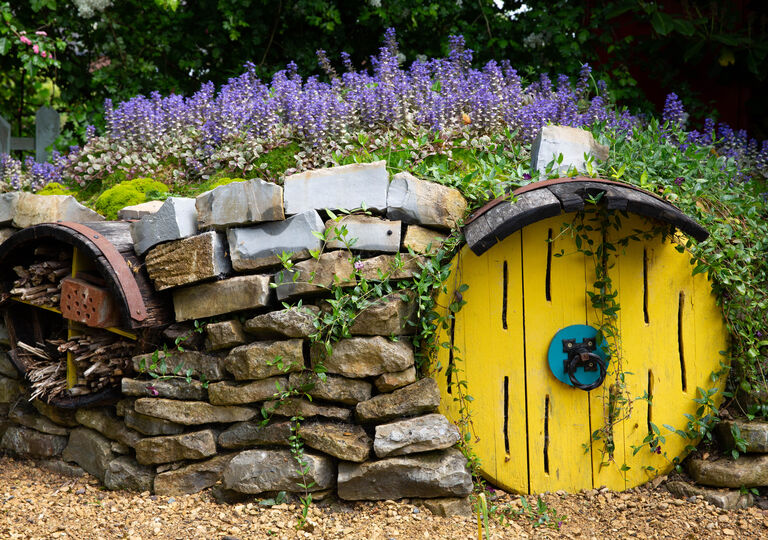
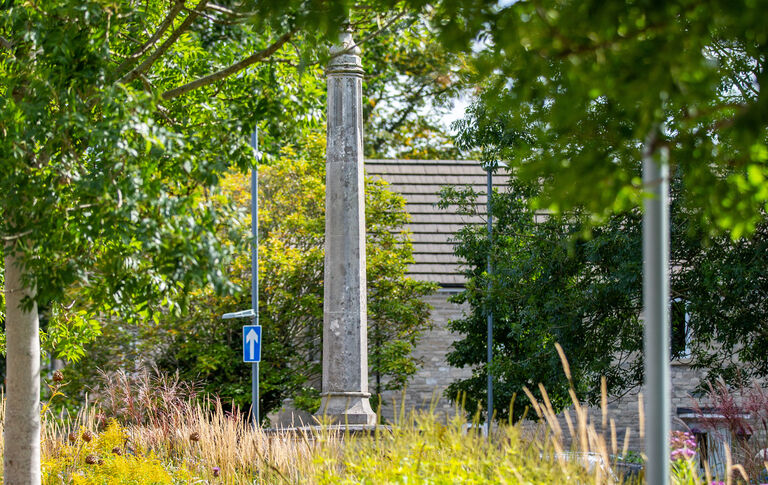
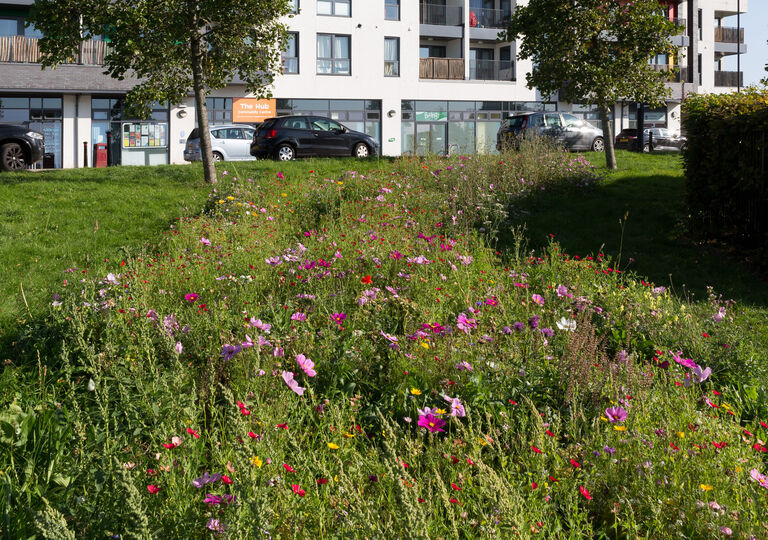
Our Community Pollinator Fund projects
Over the course of two application rounds in 2022 and 2023, we awarded funding to 68 community-led projects across the West of England region through the £1m Community Pollinator Fund.
Due to overwhelming interest in the Fund, an additional £270,000 was added in the second round, allowing more great projects to be funded.
Overall, these outstanding projects will provide over 620,000m2 of new and improved habitats for pollinators and are expected to engage more than 5,000 volunteers.
Check out the map below for a project near you, and to read more about what the projects and their communities are doing to take action for our vital pollinators.
Support and contact us
If you have any questions relating to the Community Pollinator Fund, please get in touch with our team:
bee.bold@westofengland-ca.gov.uk
We have put together some Project Ideas for the Community Pollinator Fund, which gives details on the types of projects we were looking for and some FAQs relating to the Community Pollinator Fund:
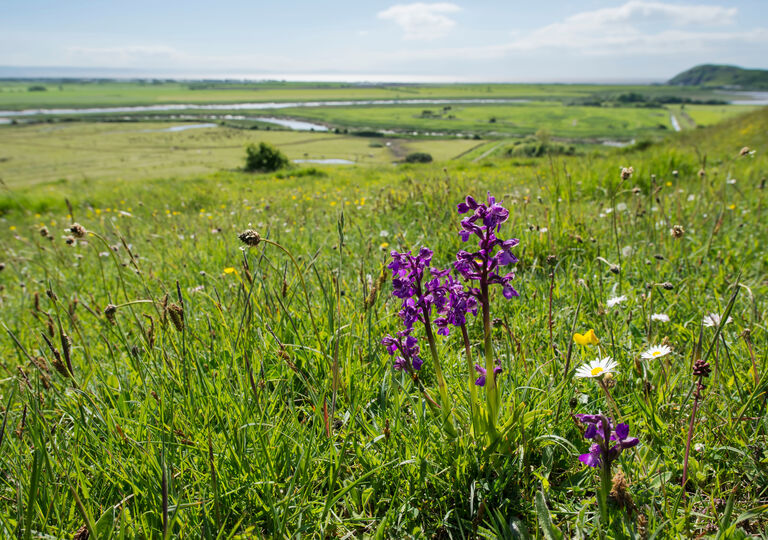
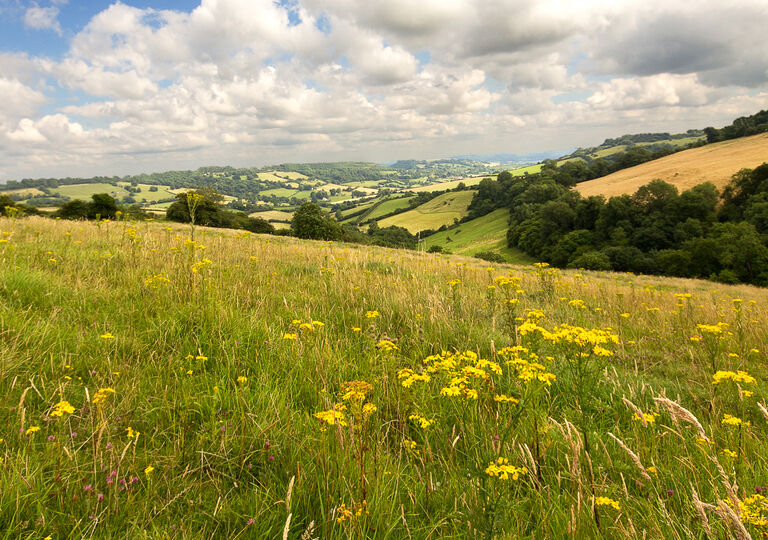
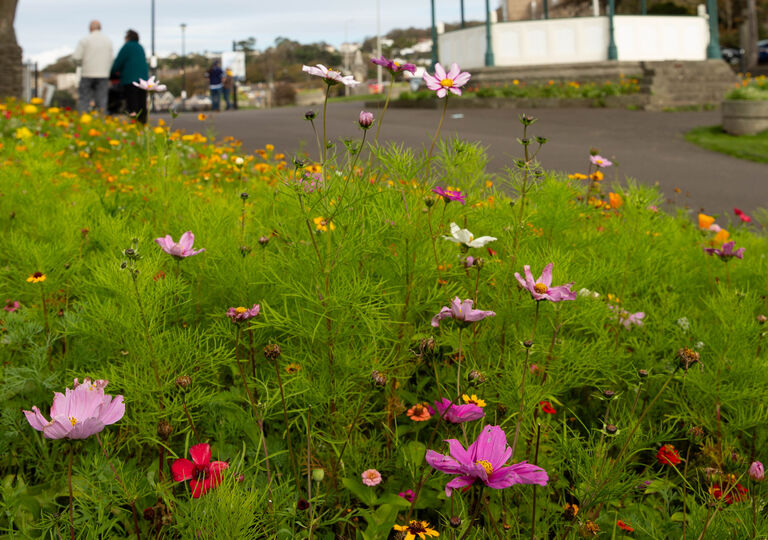
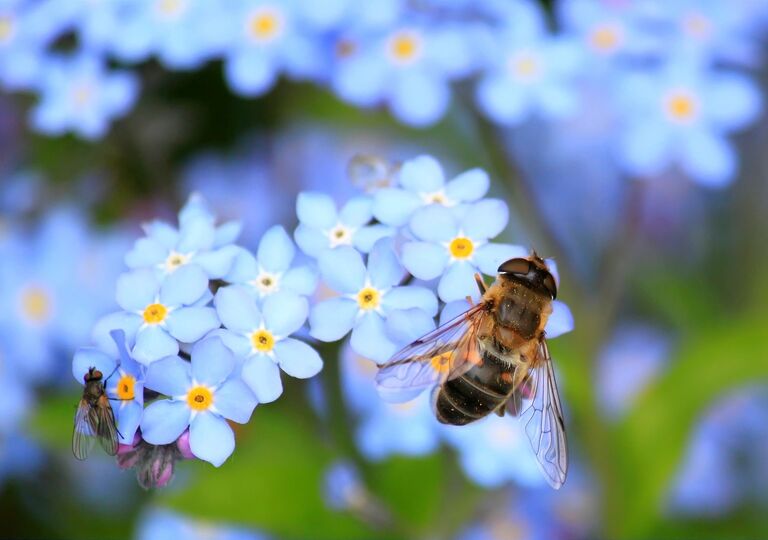
Enhance your space for pollinators or get involved with nature volunteering
If you’ve been inspired by the projects on this page and want to get involved then we have selected a few websites that contain great resources and ideas for planting for pollinators or getting involved with your local community action:
Continue to
We are working to address the ecological emergency and helping nature recover from the impact of human behaviours and changes.
Celebrating organisations taking action to support pollinators and tackle the ecological crisis.
We have developed some useful information and tips on how we can all play our part to support bees and pollinators across the region.